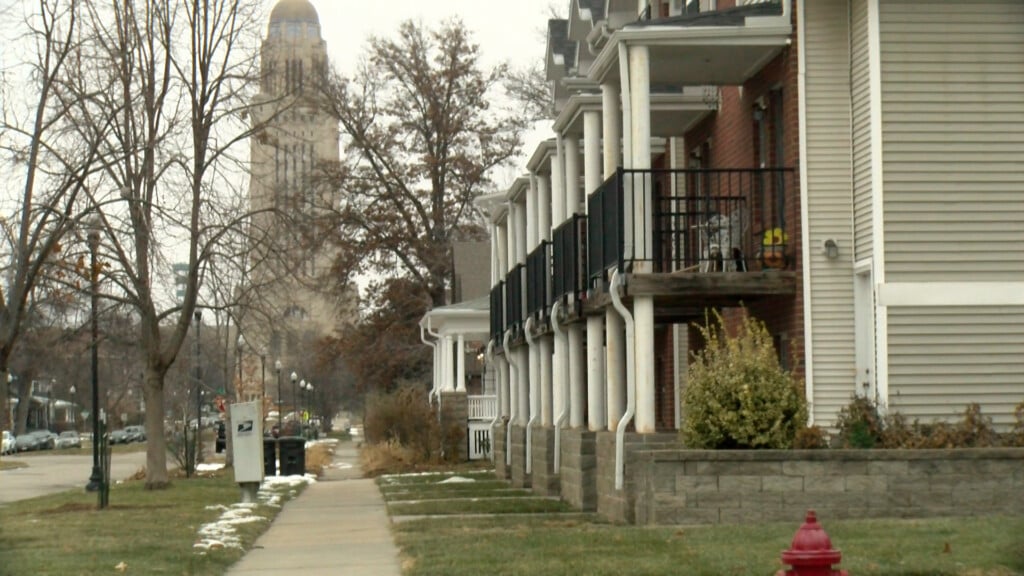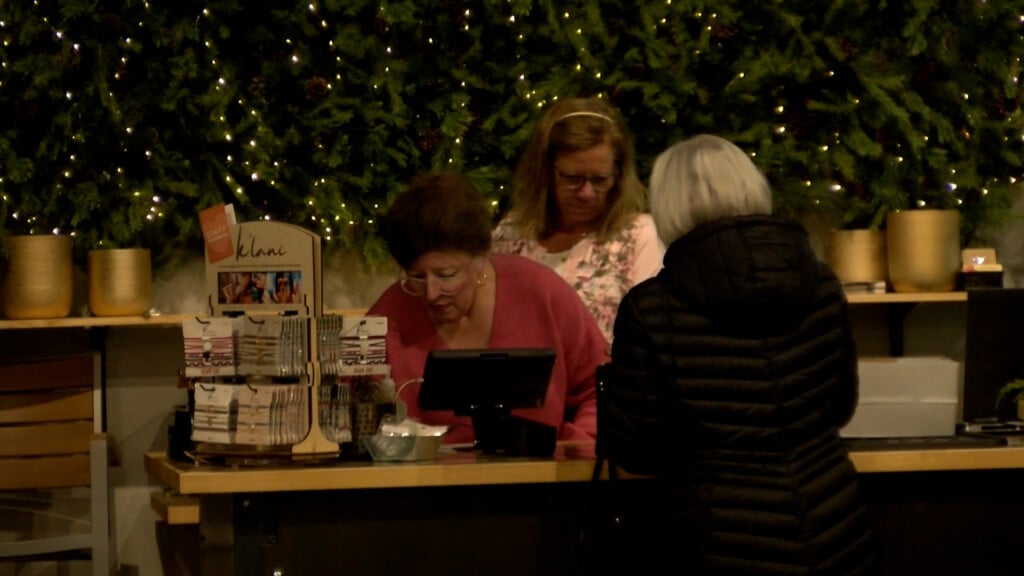Dockworkers strike could have ‘trickle-down effect’ on Lincoln businesses, consumers
LINCOLN, Neb. (KLKN) – Around 45,000 dockworkers walked away from their jobs Tuesday morning.
The strike brought 36 ports from Maine to Texas to a halt.
That means fewer products will get shipped, resulting in a potential increase in prices.
A J.P. Morgan analysis projected the strike could cost the U.S. economy $5 billion a day and affect the availability of goods like bananas, clothing and auto parts.
The strike is causing concern for some local business owners who rely on goods transported from the coast.
Barb Ballard has owned From Nebraska, a gift shop in the Haymarket District, for almost 11 years.
She said she isn’t worried about getting her inventory now, but that could change if the strike continues.
“If it goes on months, who knows what will happen at that point?” Ballard said.
She started getting emails from her suppliers about a month ago telling her not to worry because they had been preparing for the strike.
“I don’t see our local vendors having any trouble supplying us with product unless, again, it goes on into the spring,” she said. “Then who knows as people gear up for the summer season?”
Ballard thinks she’ll have some of the same problems she did during the pandemic, like shipping delays and extra fees.
“They had backup and backup and backup on the docks of supplies,” she said. “And what we saw was that we were getting things, but they were trickling in. So I see that happening if this is a long-term strike.”
The Biden administration said they’re encouraging the union and ports to come together to strike a deal.
Ballard hopes that happens soon so small businesses don’t suffer.
“You know, a 1% surcharge on an invoice is huge for a small business, so if that is what happens after the strike, we’re going to see real problems,” she said. “I mean, that affects everybody, It’s just a trickle-down effect. It will affect customers after it affects the business.”
Ballard doesn’t think the strike will last, but she’s glad she’s extra prepared.
“I don’t think people should go into scare mode on this,” she said. “I really don’t think they’re going to allow this to be a long-term thing, but we always have to prepare for the worst.”



